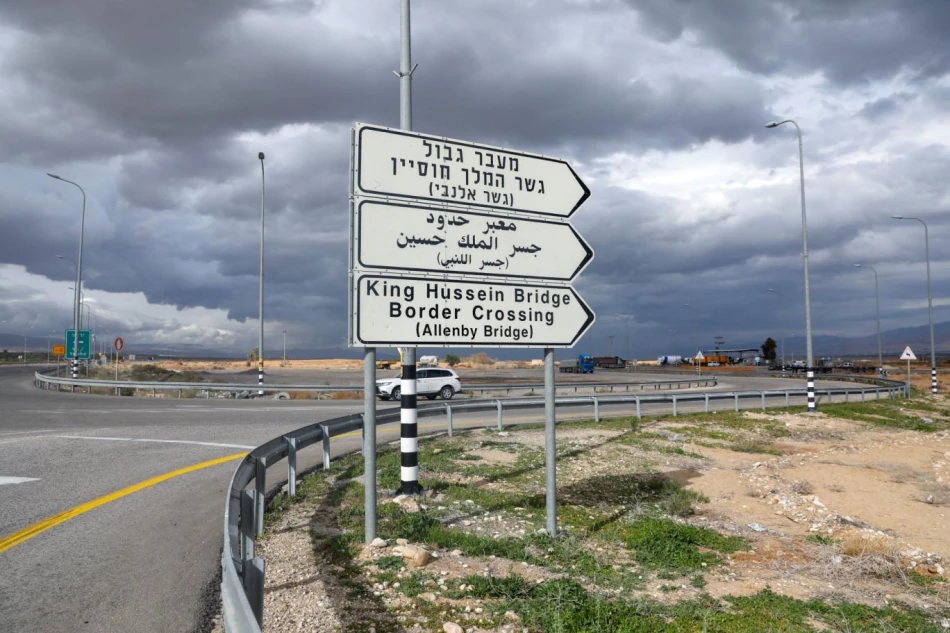
Two Israelis Killed in Attack near West Bank Border Crossing with Jordan
Fatal Shooting at Jordan-West Bank Border Crossing Exposes Security Vulnerabilities in Humanitarian Aid Routes
Two Israelis were killed in a shooting attack at the King Hussein Bridge crossing between the occupied West Bank and Jordan on Thursday, raising serious questions about security protocols for humanitarian aid deliveries to Gaza. The incident highlights the complex challenges of maintaining aid corridors while ensuring border security in one of the world's most volatile regions.
Details of the Attack
The Israeli military confirmed receiving reports of the shooting incident at the strategically important border crossing, also known as the Allenby Bridge. Israeli broadcasting authorities later identified the victims as individuals aged 20 and 60 years old.
Israeli media reports indicated that the attackers were "neutralized" by security forces. The swift response demonstrates the heightened security measures in place at this critical crossing point, which serves as a vital link between Jordan and the occupied territories.
Humanitarian Aid Route Under Scrutiny
Perhaps most significantly, Israeli military radio reported that security agencies are investigating whether the attacker was driving a humanitarian aid truck that had arrived from Jordan and was destined for Gaza. This detail transforms the incident from an isolated security breach into a potential systemic vulnerability in the humanitarian aid delivery system.
Implications for Gaza Aid Operations
The King Hussein Bridge crossing has become increasingly important as international efforts to deliver humanitarian assistance to Gaza have intensified. If confirmed that the attack involved an aid vehicle, this could trigger a comprehensive review of screening procedures for humanitarian convoys, potentially slowing already limited aid deliveries to the besieged territory.
Such security concerns echo similar challenges faced by other conflict zones where humanitarian operations must balance access with safety. The incident may force aid organizations and governments to implement additional security layers, similar to protocols developed in Syria and Afghanistan, where aid convoys faced comparable threats.
Regional Security Dynamics
The attack underscores the precarious nature of Jordan's role as a stable neighbor attempting to facilitate humanitarian assistance while maintaining its own security interests. Jordan has historically served as a crucial intermediary in regional conflicts, and any disruption to cross-border operations could complicate broader diplomatic efforts.
This incident occurs against the backdrop of heightened tensions throughout the region, where border crossings have become flashpoints for violence. The targeting of what appears to be humanitarian infrastructure represents an escalation that could have far-reaching consequences for civilian aid operations across the occupied territories.
Security and Operational Consequences
For security agencies, this attack will likely prompt immediate reviews of screening procedures for all vehicles crossing from Jordan, particularly those carrying humanitarian supplies. The incident demonstrates how civilian infrastructure can be exploited for attacks, a pattern seen in other conflict zones where aid operations have been compromised.
The broader implications extend beyond immediate security concerns to the fundamental challenge of maintaining humanitarian corridors in active conflict zones. International aid organizations may need to reassess their operational security protocols, potentially leading to delays in critical supply deliveries to vulnerable populations in Gaza.
Most Viewed News

 Sara Khaled
Sara Khaled






